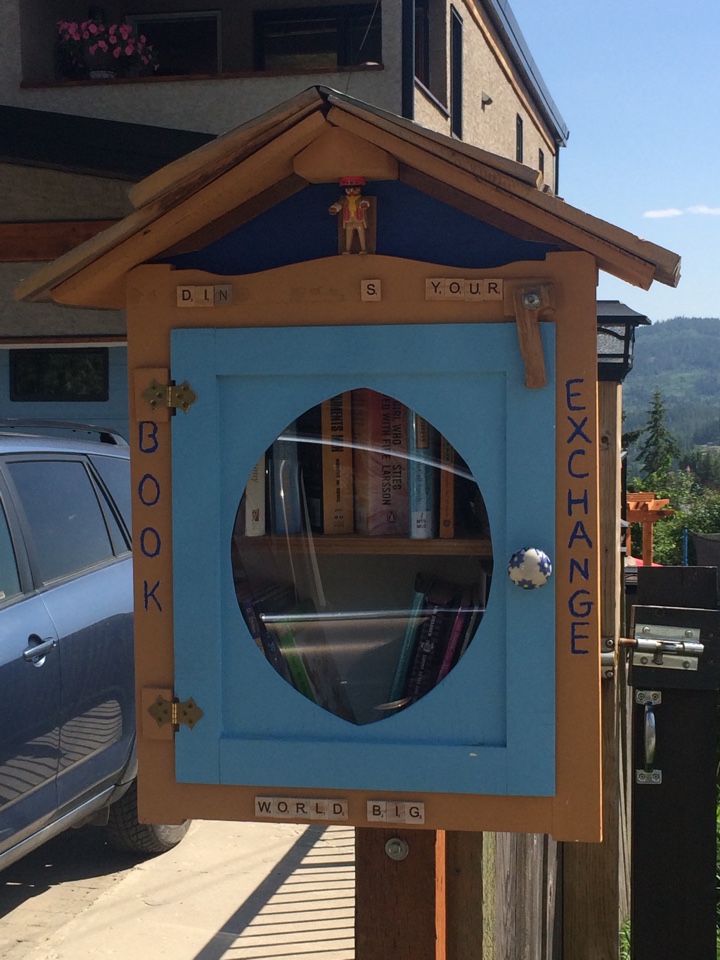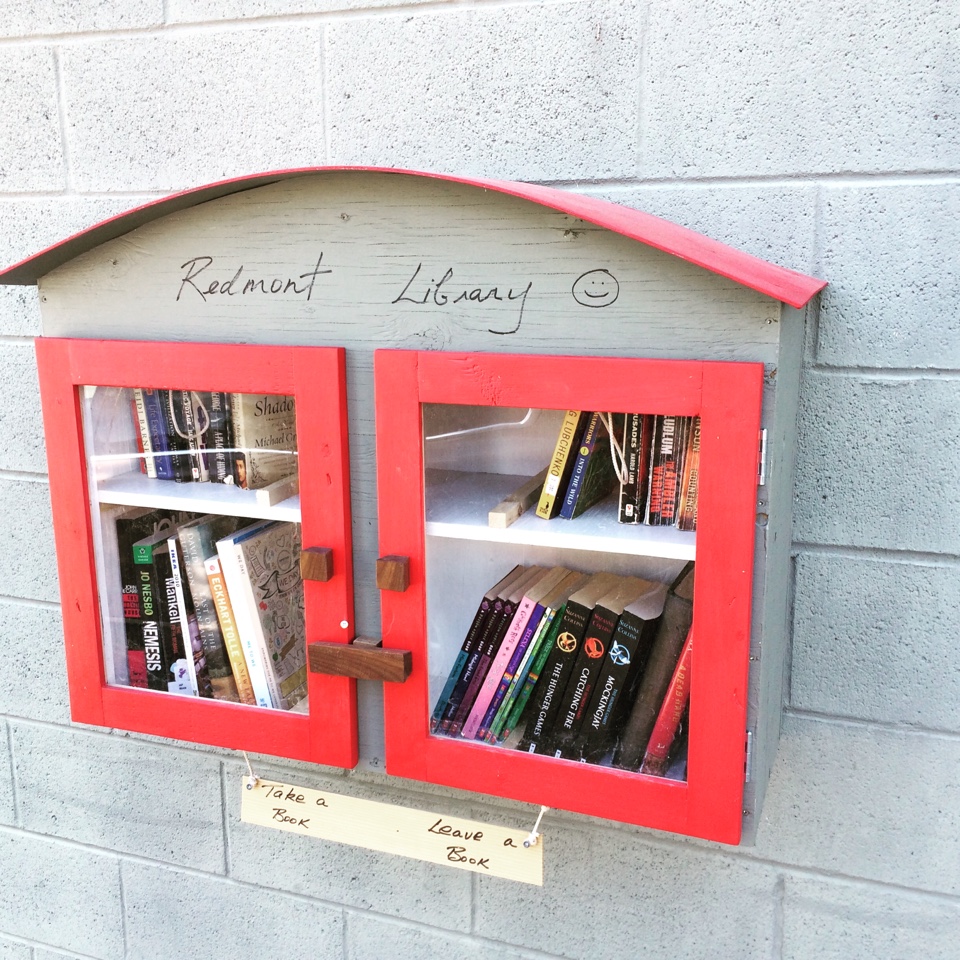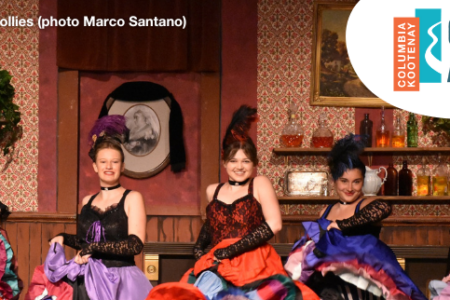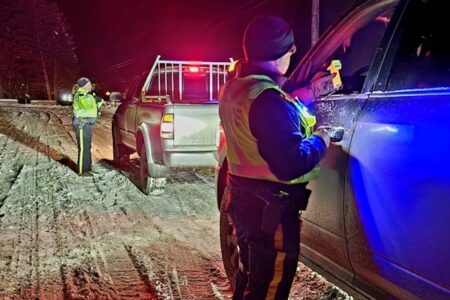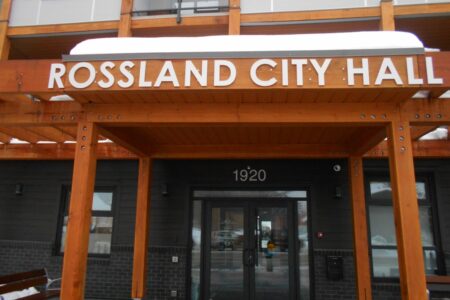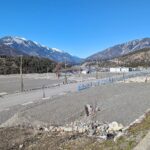Free Neighbourhood Book Exchanges in Rossland
Neighbourhood book exchanges have been a feature of some European cities for years. These are small collections of donated books, free for anyone to take or trade, that have been established by a book-loving resident and are available for needy readers 24/7. (A “needy reader” is anyone who needs something to read!)
Where to find them in Rossland? We know of two, now. One is on the south side of Macleod Avenue, not far from the intersection with Plewman Way; the other is at Redmont, sheltered by book-exchange host Bob Reardon’s deck. Take a book, leave a book (or two) as you wish. The residents who host these little book shelters just want to make books more available to more people, all the time.
Reardon, who is also a member of the Rossland Public Library’s board, said “I’m amazed at the new books that keep appearing and disappearing whenever I look.”
Rossland has a wonderful library which serves a very active reading community, but let’s face it, there are two days a week (and several hours in every day) that it isn’t open. Sometimes the urge for a book strikes outside the library’s hours. Now you know where else to go to find relief when that insatiable urge to read strikes at an inconvenient time.
There is even a non-profit organization with the registered trademark “Little Free Library” to promote neighbourhood book exchanges under their trademarked name. They sell their make of book shelters to people who don’t want to make their own weatherproof shelters to protect books from the elements. And they go after anyone who calls their neighbourhood book exchange a “little free library” without being registered as an official, trademarked Little Free Library.
Augmenting the supply of books that anyone and everyone can use seems like a good idea – barrier-free reading! — but any good idea seems to spawn opponents. A 2015 article in The Atlantic magazine described how in some US jurisdictions, homeowners who had placed book exchanges on their properties were told by local bureaucrats to take them down because they were in violation of a bylaw.
Another article, in 2017, registered opposition to the book-sharing movement – more specifically, against the trademarked “Little Free Libraries” organization and its work. Based on a study of the book exchanges in Toronto and Calgary, the author claimed that “Little Free Libraries” appear mainly in affluent neighbourhoods with a high percentage of well-educated residents. The implication was that such neighbourhoods don’t really need book exchanges.
A 2014 article in The Georgia Straight documented neighbourhood book exchanges in Vancouver, and the map tends to disprove the assertion by opponents of the movement that the book exchanges tend to proliferate in the wealthier, more-highly-educated sections of town, as East Vancouver was well-represented; it had a far greater density of book exchanges than Kerrisdale, Dunbar, Point Grey, or UBC.
We may not find a great variety of books in Rossland’s two tiny book-exchange shelters, but walking over to see what’s there should at least get us a bit of exercise. And anyone who has too many books and would like a way to share them with other readers could build a nice, strong, weather-proof shelter and put it where passers-by can see it, and fill it with those extra books.
Or just donate them, one or two at a time, to the existing exchanges. Read on!
(Below: the Macleod Avenue book exchange. Photo by Bob Reardon)
